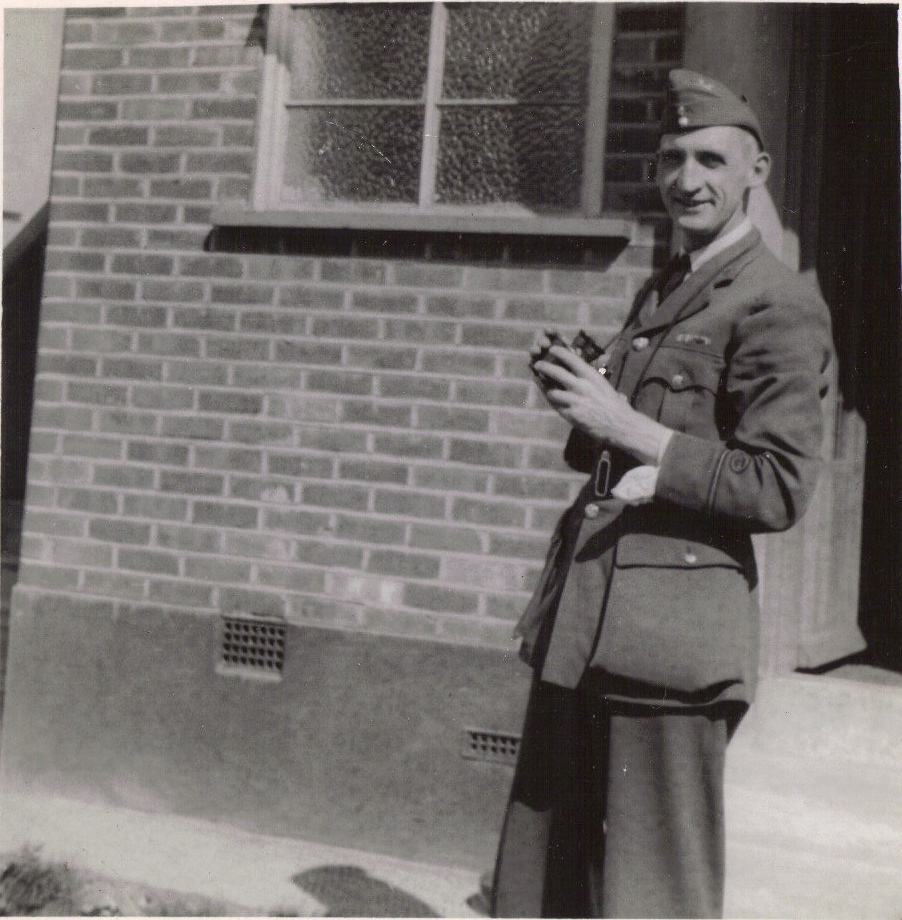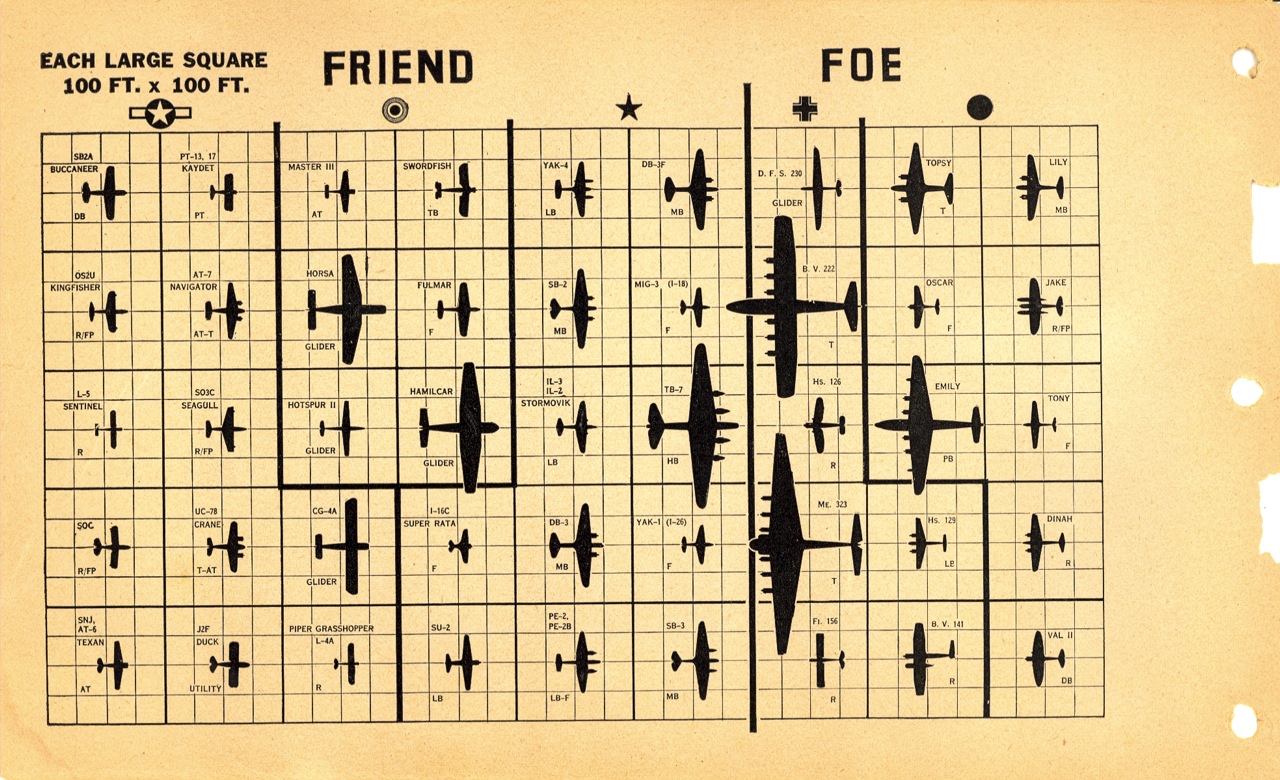Difference between revisions of "1950s Part 2 - Norman Phillips"
AntPhillips (Talk | contribs) |
AntPhillips (Talk | contribs) |
||
| Line 10: | Line 10: | ||
In about 1975, before personal computers, when cassette recorders were more the thing, I interviewed him about his introduction to Scientology. I think he had had a stroke previous to my interview which had destroyed his speech, but he had regained it to a fair degree. | In about 1975, before personal computers, when cassette recorders were more the thing, I interviewed him about his introduction to Scientology. I think he had had a stroke previous to my interview which had destroyed his speech, but he had regained it to a fair degree. | ||
[[File:NormanPhillips 1940s.jpg|thumb|300px|left]] | [[File:NormanPhillips 1940s.jpg|thumb|300px|left]] | ||
| − | During the first part of the war he worked at night in the [https://en.wikipedia.org/wiki/Royal_Observer_Corps Observer Corp], spotting planes as they came over his area (data used for air raid warnings, and defense), and in the latter part of the (1939-1945) war he worked at the evenings teaching aircraft recognition to young men who were about to reach the age were they would be called up for military service, in the case of those he taught, they had already been selected as aircrew in the [https://en.wikipedia.org/wiki/Royal_Air_Force Royal Air Force] (RAF) and thus he has an RAF uniform in the picture I am getting scanned in, showing him outside the flat we moved to because of the war in West Ealing, London. His office had been moved to the other side of London to where we lived in Eltham, and he said that when he drove to work he had to take a different route each day because bombing had destroyed part of his route | + | During the first part of the war he worked at night in the [https://en.wikipedia.org/wiki/Royal_Observer_Corps Observer Corp], spotting planes as they came over his area (data used for air raid warnings, and defense), and in the latter part of the (1939-1945) war he worked at the evenings teaching aircraft recognition to young men who were about to reach the age were they would be called up for military service, in the case of those he taught, they had already been selected as aircrew in the [https://en.wikipedia.org/wiki/Royal_Air_Force Royal Air Force] (RAF) and thus he has an RAF uniform in the picture I am getting scanned in, showing him outside the flat we moved to because of the war in West Ealing, London. His office had been moved to the other side of London to where we lived in Eltham, and he said that when he drove to work he had to take a different route each day because bombing had destroyed part of his route. |
[[File:AircraftRecognition.jpg|thumb|right|300px|sample WWII aircraft recognition chart]] | [[File:AircraftRecognition.jpg|thumb|right|300px|sample WWII aircraft recognition chart]] | ||
He was a member of something with a name like the [https://en.wikipedia.org/wiki/Society_for_Psychical_Research Institute for Psychic Research] (Society for Psychical Research)<ref>[https://en.wikipedia.org/wiki/Society_for_Psychical_Research Society for Psychical Research] forerunner to later Remote Viewing activities.</ref> where they researched whether things like thought reading were possible. He mentions this in the interview, but I think gives the wrong name. He mentioned to me once, as an example, that they did tests showing cards with symbols on to some one in one room, and having someone in another room "read" the symbols. | He was a member of something with a name like the [https://en.wikipedia.org/wiki/Society_for_Psychical_Research Institute for Psychic Research] (Society for Psychical Research)<ref>[https://en.wikipedia.org/wiki/Society_for_Psychical_Research Society for Psychical Research] forerunner to later Remote Viewing activities.</ref> where they researched whether things like thought reading were possible. He mentions this in the interview, but I think gives the wrong name. He mentioned to me once, as an example, that they did tests showing cards with symbols on to some one in one room, and having someone in another room "read" the symbols. | ||
Revision as of 15:52, April 4, 2014
| 1950s Part 2 - Norman Phillips | |
|---|---|
| Name | |
| Period | 50's |
| Location | London |
| Year | 1952 |
| Ant.phillips@post8.tele.dk | |
- Written by Antony Phillips.
My father introduced me to Scientology in 1954.
In about 1975, before personal computers, when cassette recorders were more the thing, I interviewed him about his introduction to Scientology. I think he had had a stroke previous to my interview which had destroyed his speech, but he had regained it to a fair degree.
During the first part of the war he worked at night in the Observer Corp, spotting planes as they came over his area (data used for air raid warnings, and defense), and in the latter part of the (1939-1945) war he worked at the evenings teaching aircraft recognition to young men who were about to reach the age were they would be called up for military service, in the casethe whole sum of past by-passed charge. (HCOB 19 Aug 63)![]() of those he taught, they had already been selected as aircrew in the Royal Air Force (RAF) and thus he has an RAF uniform in the picture I am getting scanned in, showing him outside the flat we moved to because of the war in West Ealing, London. His office had been moved to the other side of London to where we lived in Eltham, and he said that when he drove to work he had to take a different route each day because bombing had destroyed part of his route.
of those he taught, they had already been selected as aircrew in the Royal Air Force (RAF) and thus he has an RAF uniform in the picture I am getting scanned in, showing him outside the flat we moved to because of the war in West Ealing, London. His office had been moved to the other side of London to where we lived in Eltham, and he said that when he drove to work he had to take a different route each day because bombing had destroyed part of his route.
He was a member of something with a name like the Institute for Psychic Research (Society for Psychical Research)[1] where they researched whether things like thought reading were possible. He mentions this in the interview, but I think gives the wrong name. He mentioned to me once, as an example, that they did tests showing cards with symbols on to some one in one room, and having someone in another room "read" the symbols.
I find the two example of Scientology techniques used in the early 50s, on my mother and a demonstration, fascinating. In the interview I was also aiming to get him to describe the sort of people interested in Scientology at that time, and the environment generally.
My father died four or five years before I was thrown out of official Scientology. We were therefore both "in" at the time of the interview, though my father was completely inactive.
norman phillips interview
references
- ^ Society for Psychical Research forerunner to later Remote Viewing activities.

